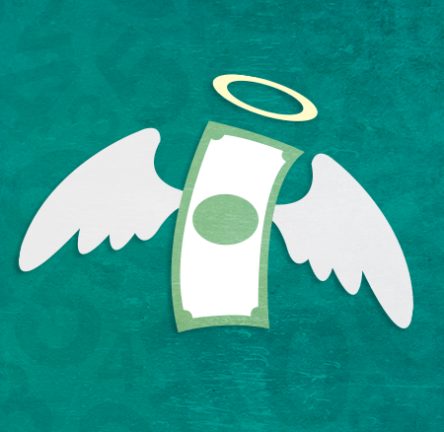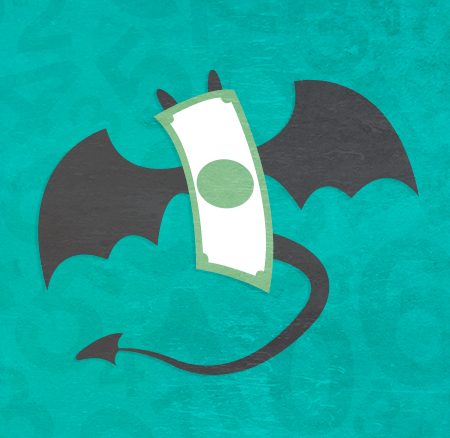Understanding the difference between good debt vs bad debt, so you can use credit the right way.
Each week, Consolidated Credit searches for financial research that can help you deal with your debt and budget. This week…
The interesting study
At the beginning of this year, CreditCards.com asked 1,114 adult credit users about their feelings when it comes to debt. Their headline from the survey was that two out of three adults (68%) don’t known if they will ever be debt free. But perhaps more interesting was a poll of what people considered good debt vs bad debt.
The big result
Besides mortgages, people largely think most other types of debt are bad, rather than good. Most encouraging, over half (59%) correctly identified credit cards are bad debt.
Despite that, however, we don’t seem to be slowing down when it comes to taking on new debt. In fact, 31 million Americans with credit card debt believe they’ll die before they get to zero. And our belief that we’ll always have debt only increases with age:
- 65% of Millennials (18-36) believe they’ll never be debt free
- 68% of Gen Xers (37-52)
- 70% of Baby Boomers (53-71)
- 83% of the Silent Generation (72+)
The fascinating details
The most interesting part of the survey is when CreditCards.com ask borrowers to define good debt vs bad debt. Here is a snapshot of how people responded for different types of debt:
| Type of Debt | Percentage that think it’s “good debt” | Percentage that think it’s “bad debt” |
|---|---|---|
| Auto loan | 32% | 23% |
| Credit cards | 13% | 59% |
| Home equity loan | 30% | 24% |
| Medical debt | 12% | 49% |
| Mortgage | 53% | 13% |
| Payday loan | 6% | 67% |
| Personal loan | 15% | 41% |
| Student loan | 23% | 45% |
And we also weren’t surprised to hear that when people were asked to describe their feelings about debt, 10% said “it sucks.”
What you can do
“A good debt is any debt that helps you build prosperity by increasing your net worth or earning potential,” explains April Lewis-Parks, Financial Education Director for Consolidated Credit. “But there can be a grey area with what helps you and what hurts you. People often mistake bad debt for good, such as the 13% of people that believe credit card debt is good.”

These are examples of good debt with explanations of why they are good:
- A mortgage is a good debt because it allows you to purchase an asset (a home) that increases in value over time; you build equity with a home.
- Student loans are also good debt, because a degree increases your ability to earn higher income
- A small business loan is also a good debt, because a business can generate profit.
By contrast, these are examples of bad debt with explanations of why they count as “bad”:

- An auto loan is actually a bad debt; although you gain an asset (your vehicle), it immediately and quickly starts to depreciate and lose value after purchase.
- The same thing is true of in-store credit lines used to purchase things like electronics or furniture; these items lose value quickly after purchase, so you can’t recoup the purchase price.
- Credit cards are also considered bad debt; purchasing luxury items is, by definition, a luxury; these purchases rarely increase net worth.
- Payday loans are even worse.
“Even debt taken on with good reason can still be bad,” Lewis-Parks continues. “Medical debt, for instance, keeps you healthy so you can continue to earn income. However, these costs would often be covered more effectively with better insurance. Any time you use debt to cover an expense you should have paid for otherwise, it’s usually bad.”
Lewis-Parks admits that some debt really does fall into the grey area, and not just because it’s not defined correctly. For instance, if you use the funds from home equity loan to renovate your home, you increase the property value. So that could be good. If you take out a personal loan and use some of the funds to make an investment, that’s good, too.
“Good or bad, the important thing is that you manage your debt effectively so you can maintain stability,” Lewis-Parks concludes. “Even a mortgage can be bad if you can’t afford the payments. Make sure to keep debt at a manageable level and seek help if you start to get overextended.”
If you have too much debt for your income and you need help to regain stability, talk to a certified credit counselor now.
START NOW